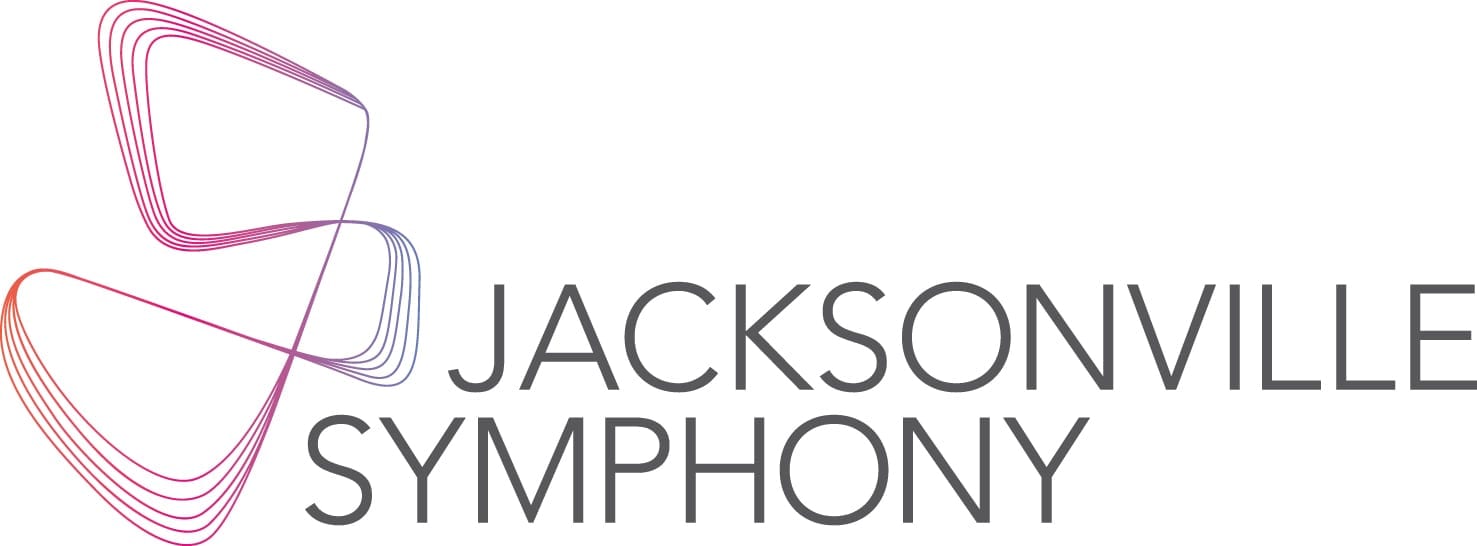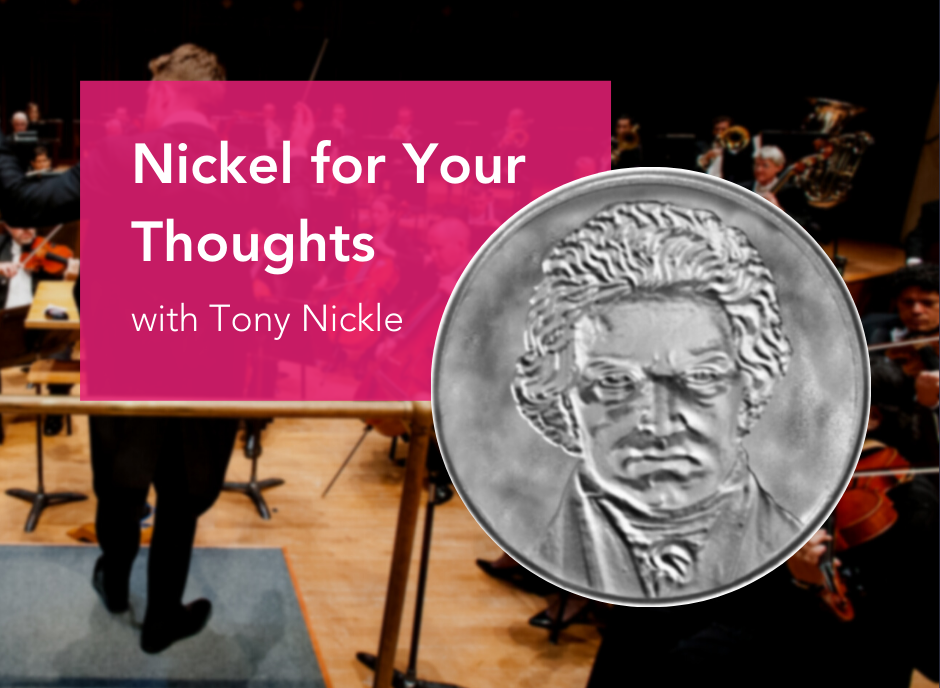In his own words, Vice President & Artistic Administrator Tony Nickle shares what he believes to be the high points of the program, but with a little edge and humor for good measure.
Happy New Year! I hope you all had a wonderful holiday season. Thank you to everyone who joined us during December, which was filled with Mozart, Dvořák, Holiday Pops, Handel’s Messiah, and our most attended weekend of The Nutcracker in history!
I’m so excited for everything our second half of the season has in store, including a visually spectacular and incredibly sung production of Puccini’s La Bohème, The Chris Thomas Band, a world premiere of a piece that the Symphony is commissioning, and Beethoven’s Ninth.
This week we begin the new year with a beautifully balanced program that features one stunning theme after the next, led by the brilliant guest conductor Matthew Halls. Matthew has conducted many major orchestras in North America and Europe, and I am particularly taken with his ability to converge immense historical knowledge, musicality, and clarity on the podium. His conducting is compelling and vibrant without anything superfluous. We’ve had two previous engagements with him canceled since the pandemic began, and I highly suggest not missing the rare chance to see him live.
The program begins with only the strings in Ralph Vaughan Williams’ Fantasia on a Theme by Thomas Tallis. Vaughan Williams scores this piece for a larger and smaller string orchestra, and many conductors have differing opinions on how this should be staged to create the desired impact of these two bodies, so you’ll see a unique setup for this opener. It’s filled with the lush, British Edwardian-Era harmonies that are impossible not to love. I’ve seen the powerful impact this piece has on audiences, and it always surprises me that it isn’t more well known than it already is. If you don’t know it, and especially if you haven’t heard it live, you must carve out an evening this weekend.
Next on the program is a piece that can be very tricky to program: Maurice Ravel’s Pavane for a Dead Princess. It’s only six minutes long, but it doesn’t work particularly well as a concert opener because it’s quite slow and ethereal, which also can make it difficult to place between an overture and, say, a concerto in a first half. For this reason, it isn’t heard very often in a subscription performance. But, between the stately and rich Vaughan Williams and the Brahms it works wonderfully when all three are performed without intermission. So, we’ve planned this as a concert without intermission all along to make for this unique balance.
It’s tempting to think of the Ravel as an intermezzo, but it’s so much more. Ravel breathes life into the room from the very start with arguably the most beautiful and heart wrenching French horn solo ever written, almost suspended in time over a gentle ostinato in the strings. It’s strikingly similar to the juxtaposition of right hand melody and left hand figuration in the second movement of Ravel’s G major Piano Concerto (another of my absolute favorites). There isn’t much else that needs saying other than this is a deeply touching piece.
We finish with Brahms’ Second Symphony. While it undoubtedly is loaded with the drama that is integral to pretty much all Brahms – especially his four symphonies – it certainly has more moments of serenity and buoyancy than the other three. One fun connection to the first Vaughan Williams and the Ravel is yet another gorgeous melody, this time in the cellos at the top of the second movement. Of course the piece is far more than a pretty face, but it certainly doesn’t hurt.
It always surprises me that audiences don’t flock to Brahms in a way similar to they way they do with Beethoven and Mozart. True, I would not quite put his brilliance on their level, but it’s really splitting hairs between a few of the most legendary Hall of Famers. I’m not sure how his music could be any more out of Beethoven’s lineage while still maintaining Brahms’ own identity; the paternity test is off the charts. When you are sitting in Jacoby Symphony Hall this weekend (as I hope you will), keep an ear out for all the hallmarks of Beethoven and how Brahms has expanded on those dramatic elements, taking you on an almost narrative journey.
Learn more about the Brahms’ Pastoral Symphony performances here.
By Tony Nickle, Vice President & Artistic Administrator


